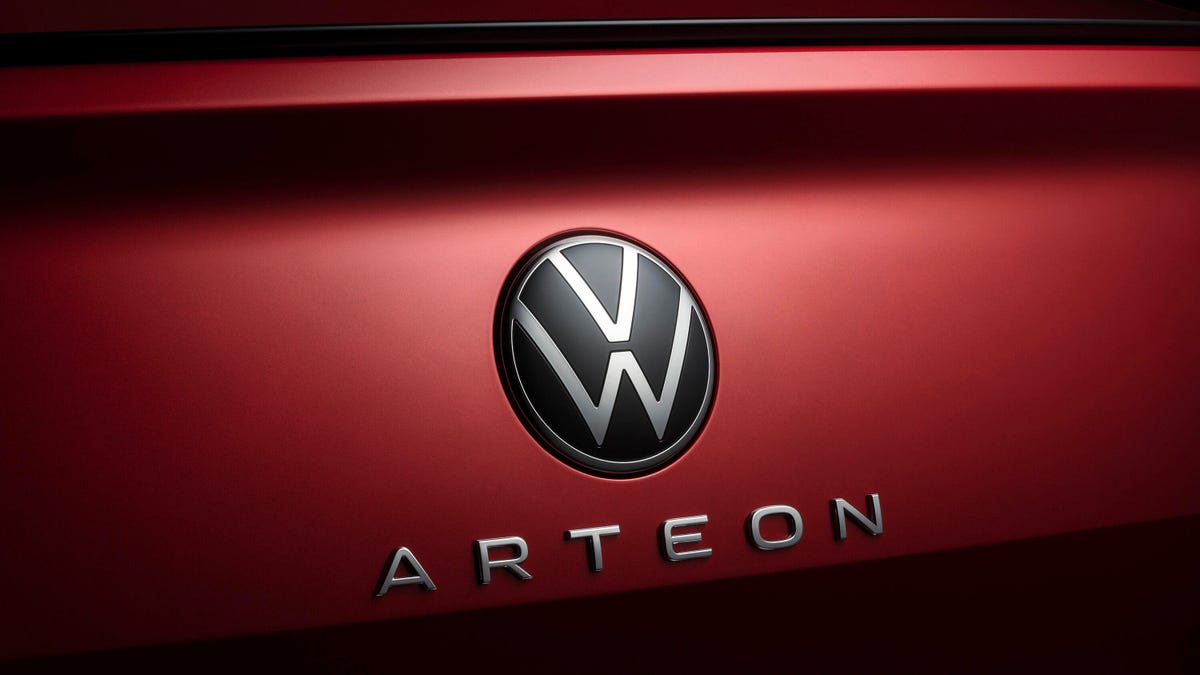Volkswagen nixes Turkish car factory, blames slowing car sales, coronavirus
The VW factory was supposed to crank out cars as populations in Eastern Europe and the Middle East continue to grow.
Turkey will no longer be home to a future Volkswagen car factory. The Financial Times first reported the decision Wednesday, with VW citing slowing car sales.
VW confirmed the decision with Roadshow. A spokesperson added, "The reason behind this is the collapse in demand on the global automotive market due to the corona crisis and a subsequent extreme shift in the growth trend. From today's point of view it is thus not necessary to expand capacities."
Car sales globally plummeted in the wake of the coronavirus pandemic as governments put stay-at-home orders into place to slow the spread of COVID-19. While auto sales have shown signs of life around the world as countries slowly emerge from lockdowns, experts still expect annual sales figures to come in well off from initial previrus estimates.
VW's planned Turkish production plant encountered more than just a global pandemic on its way to reality. The German automaker officially put plans on hold following the country's invasion of Syria in 2019. VW still saw potential to produce cars in the region, however, as Eastern European and Middle Eastern populations continue to grow. According to the FT, the proposed plant was meant to build 300,000 cars per year starting in 2022.


